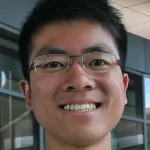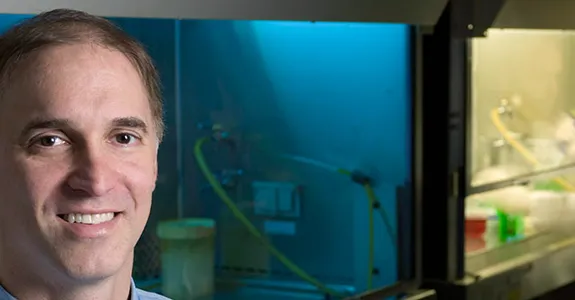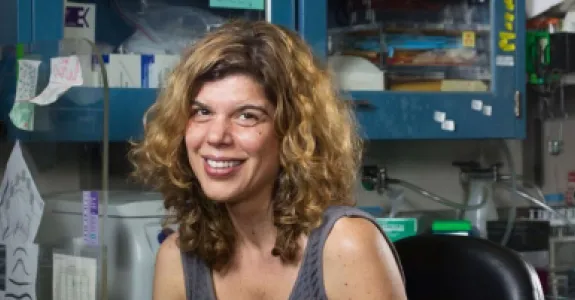
Steven Artandi, MD, PhD is the Laurie Kraus Lacob Director of the Stanford Cancer Institute and the Jerome and Daisy Low Gilbert Professor of Medicine and Biochemistry at Stanford University. He also serves as the inaugural Senior Associate Dean for Cancer Programs for Stanford School of Medicine and the Chief Cancer Officer for Stanford Health Care. He received his undergraduate degree from Princeton University, and MD and PhD degrees from Columbia University. He trained in Internal Medicine at Massachusetts General Hospital and in Oncology at Dana-Farber Cancer Institute before joining the Stanford faculty in 2000. Dr. Artandi is an oncologist and cancer biologist whose research work has focused on the role played by the enzyme telomerase in cancer, aging and stem cell function. His work has produced new insights into the origins of cancer, revealing how telomerase endows cells with immortal growth properties and how aspiring cancers circumvent critical bottlenecks encountered during carcinogenesis. He has received a number of awards including an Outstanding Investigator Award from the National Cancer Institute and is an elected member of the American Association for the Advancement of Science, the American Society for Clinical Investigation and the Association of American Physicians. He serves on the Editorial Boards of the journals Molecular Cancer Research and Stem Cells.
Telomeres are nucleoprotein complexes that protect chromosome ends and shorten with cell division and aging. The Artandi lab is interested in how telomere shortening influences cancer, stem cell function, aging and human disease. Telomerase is a reverse transcriptase that synthesizes telomere repeats and is expressed in stem cells and in cancer. They have found that telomerase also regulates stem cells and we are pursuing the function of telomerase through diverse genetic and biochemical approaches.





